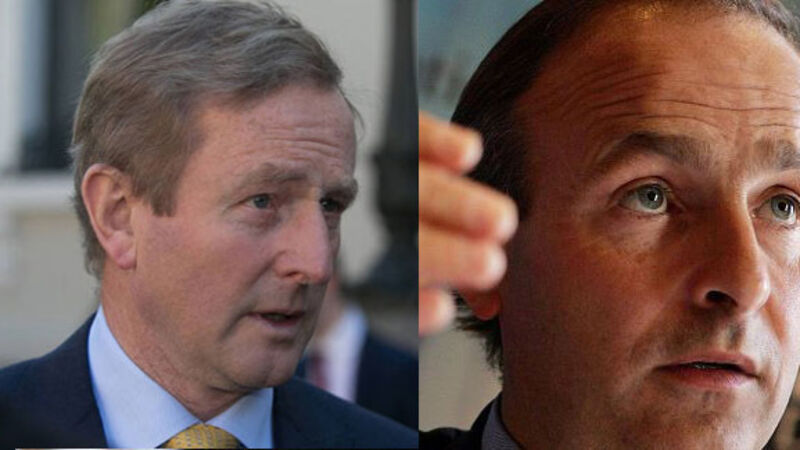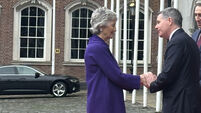#GE16 analysis - Election is not chaos or crisis, just opportunity

Far from being an inevitable outcome, the increased mandate of Fianna Fáil is predicated on this not happening. If it transpires, it will not echo but exceed the political misread of Eamon Gilmore and Labour in 2011.
There is no political crisis arising from these election results. The Government continues in office until a taoiseach is nominated and appointed by the president. We have neither chaos nor crisis. What we do have is an unprecedented political situation which is as much opportunity as challenge.















